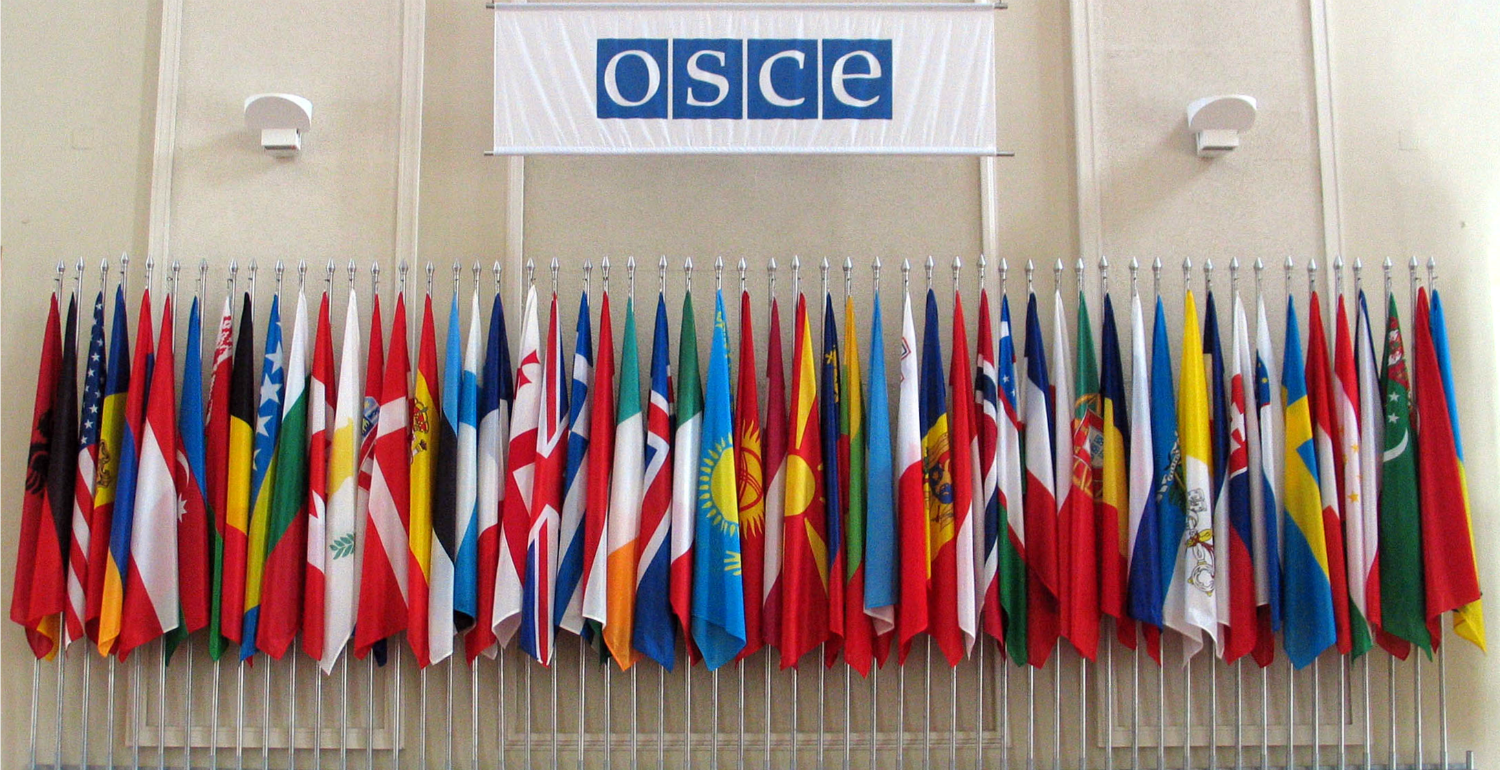Helsinki Commission Chairman Chris Smith (NJ-04), Senator Marco Rubio (R-FL), and other lawmakers examined how human trafficking laws need to adapt to the maturation of the illicit activity, specifically in light of the Trafficking Victims Protection Act that Smith introduced in 1998. In addition, Smith, Rubio, and others examined the link between transnational organized crime and human trafficking.
Witnesses testifying at the hearing – including Greg Andres, Deputy Assistant Attorney General, Criminal Division, with the Department of Justice; Piero Bonadeo, Deputy Representative with the United Nations Office on Drugs and Crime; and Martina Vandenburg, Esq., Pro Bono Counsel with the Freedom Network USA – focused on legislative proposals to combat organized criminal activity, the United Nations Office on Drugs and Crime’s (UNDOC’s) efforts, and, of course, human trafficking’s implications and consequences.








